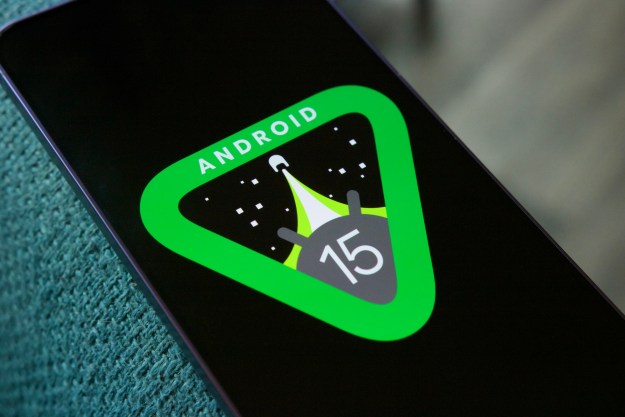The modern smartphone is largely targeted at the average consumer, and many popular models may not be the best choice for the businesspeople out there. Google is trying to combat that by launching a new program called Android Enterprise Recommended, which is aimed at highlighting devices that follow best practices for business and enterprise, as outlined by Google.
So what are those requirements? Well, you can find a full list of them at the Android Enterprise Recommended website, but the basic gist of things is that the phone will require Android 7.0 or later, 2GB of RAM or more, 32GB of storage or more, a processor with a clock speed of at least 1.4GHz, and a battery life of at least eight hours of active use.
Other requirements have less to do with the hardware and more to do with the software. As an example, the devices will need to get security updates in less than 90 days to qualify — so companies that tend to lag behind on their security updates may not qualify at all. Devices must also be available for purchase unlocked through a third-party outlet, like Amazon, as well as directly from the manufacturer themselves.
Phones also need to have Zero-Touch Enrollment, which basically means that employers can configure phones for their employees at the carrier level, without employees ever even touching the phone. What this means is that once an employee does get the phone, they won’t need to spend nearly as much time setting up their device as they would otherwise.
As of launch, there are a few phones included in the new program, including the BlackBerry KEYOne and BlackBerry Motion, as well as all of the Google Pixel phones, LG V30 and G6, Motorola X4 and Z2, Nokia 8, and the Sony Xperia XZ1, XZ1 Compact. That is quite a list — and it will expand soon. You can find a full list of the phones included in the program in Google’s blog post. According to Google, more phones are due to be added to the program in 2018. The company also says it has plans to expand the framework for Android Enterprise Recommended to include more rugged phones, carriers, system integrators, and more.
Editors' Recommendations
- Motorola just launched a new Android phone to take on the Google Pixel 8a
- The 10 most important things to know about the Google Pixel 8a
- Google just launched a new Pixel Tablet … kind of
- A new Google Pixel Tablet is coming, but it’s not what you think
- Android 15 release date: When will my phone get the update?

